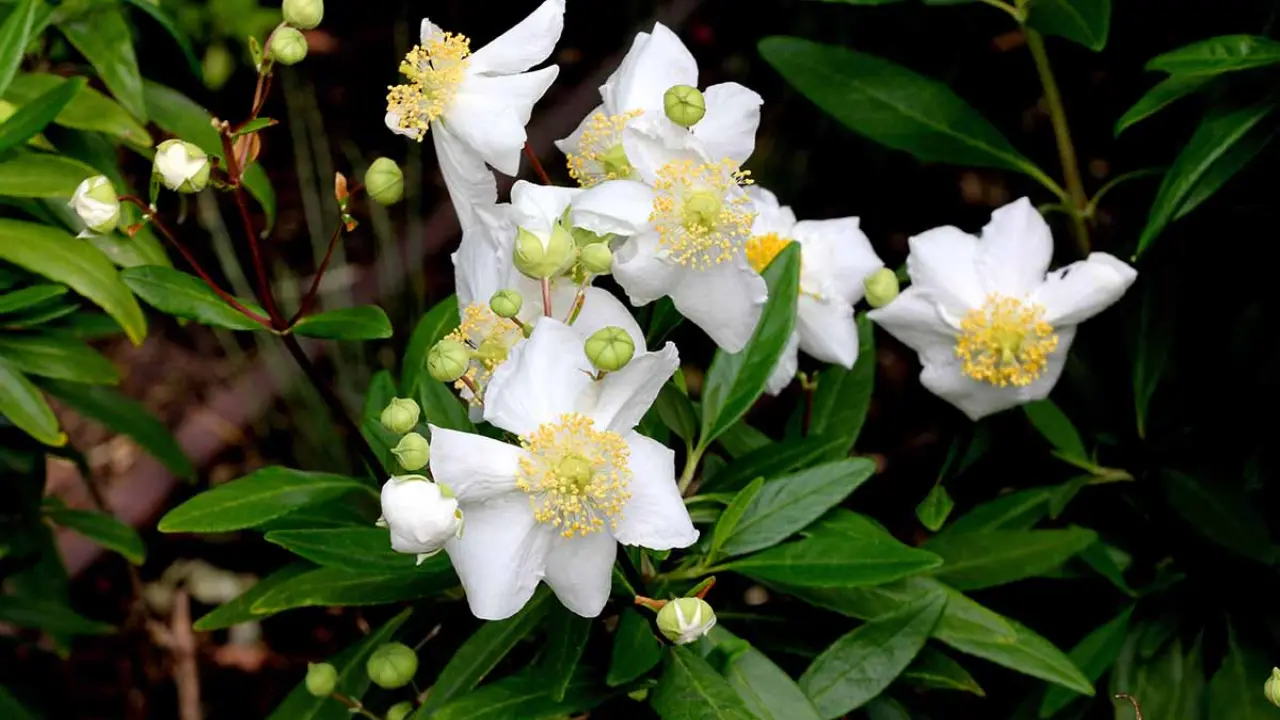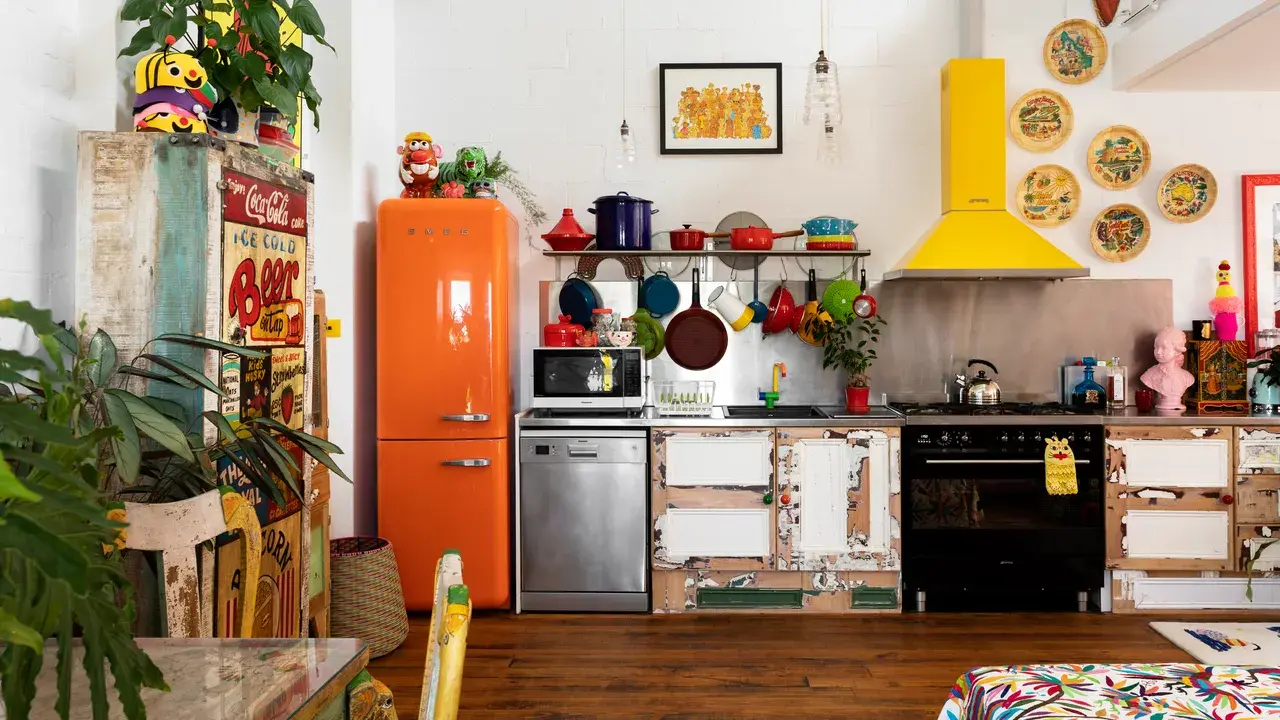Spices are essential in cooking since they improve the flavor and scent of our food. However, correctly organizing and storing spices might be challenging at times. This article will explore Spice Storage Tips from a Professional Organizer to keep them fresh and fragrant.
Introduction
It is essential to store spices carefully to retain their flavor and quality. You can keep your spices fresh, conveniently accessible, and ready to boost your culinary creations by using the proper storage methods.
Understand Your Spices
The first step is to become acquainted with your spices. Herbs classified into several types, including sweet, savory, spicy, bitter, sour, and aromatic. Depending on their application, some herbs may fall into multiple categories. Cinnamon can be sweet or savory. Here are some common spices and their classifications:
- Sweet spices include cinnamon, nutmeg, allspice, cardamom, cloves, and vanilla.
- Savory seasonings include salt, pepper, garlic, onion, cumin, coriander, and turmeric.
- Chili, paprika, cayenne pepper, and ginger make this dish spicy.
- Mustard, fenugreek, and saffron are bitter.
- Sumac and tamarind are both sour.
- Aromatic herbs include bay leaf, rosemary, thyme, and oregano.
Toasted spices are preferred.
Toasting spices before using them is one way to improve their flavor and aroma. To toast spices, heat them in a dry skillet over low to medium heat until fragrant and slightly darker in color. This process liberates the oils and compounds found in spices, giving them distinct flavors and aromas.
Spices can be toasted whole or ground. If you burn them, they will become bitter and unpleasant. It could only take a few minutes to toast herbs and stir them frequently. You can also toast spices in the oven or microwave.
Grind Your Spices
Grinding your spices is another way to improve the flavor and aroma of your spices. Using a mortar, pestle, or electric grinder to grind spices means breaking them down into smaller pieces or powders. When the herbs are exposed to more surface area, they release more flavor and aroma when added to your food.
Spice grinding can be done with whole or pre-ground spices. However, due to oxidation and air exposure, pre-ground spices lose flavor and potency faster than whole spices. Grinding your spices ensures you get the freshest and most flavorful spices possible.
Season Your Food
Finally, season your food with toasted and ground spices. Seasoning food refers to adding salt or other flavors to improve its taste and balance its components. Spices can add complexity and depth to your dishes and complement or contrast other ingredients.
Seasoning food with spices can be done at various stages of cooking, depending on the condiment and the dish. For example:
- Some spices work best when added at the start of cooking to infuse flavor into the food. Examples are whole or hardy spices such as bay leaf, cinnamon stick, or star anise.
- Some spices should be added while cooking to blend their flavor with the food. Cumin, coriander, and paprika are examples of ground or medium-strength spices.
- To preserve the flavor and aroma of some spices, add them at the end of cooking or just before serving. Fresh or delicate spices such as mint leaves or saffron are examples.
The Importance of Spice Storage
Proper spice storage is necessary for several reasons. For starters, it helps preserve the flavor and scent of the spices, allowing you to appreciate their influence on your cuisine fully. Second, organized spice storage saves time by making locating your desired herbs easier. Finally, it keeps your spice collection from clumping, staleness, and color loss.
Selecting the Best Containers
Choosing appropriate spice storage containers is critical for preserving freshness and quality. Choose airtight glass or metal containers that provide an excellent barrier against moisture, light, and air. Clear glass containers are helpful since they allow you to view what’s inside without exposing the spices to damaging UV radiation. Furthermore, using small-sized containers keeps herbs from oxidizing rapidly.
Labeling and organizing Your Spice Collection
Establish a systematic technique for organizing your spice collection to keep it organized. You can arrange them alphabetically or according to cuisine type. To keep track of the freshness of your spices, label each container with the spice name and date of purchase. Consider using sticky labels or a label maker for a tidy and professional appearance.
Keeping Spices in Good Condition
Spices should be stored in cold, dry, and dark places. Avoid putting them near heat sources like stovetops, ovens, or windows since light and heat can hasten flavor loss. Furthermore, dampness harms spices, so keep them away from wet locations like the washbasin or dishwasher. a pantry or a cabinet.
Innovative Spice Storage Concepts
If you’re seeking new ways to store spices, try the following:
Magnetic spice jars: Attach tiny magnetic containers to the side of your refrigerator or a metal surface for a space-saving and visually attractive storage option.
Spice drawer inserts: To keep your spices properly organized and tucked away, use drawer inserts mainly for storage.
Hanging spice baskets: To store your spices, hang colorful baskets or wire racks inside cabinet doors, making them conveniently accessible while adding a distinctive touch to your kitchen decor.
Conclusion
Spice storage is critical for preserving flavor, fragrance, and quality. Following this article’s suggestions, keep your spice collection fresh, organized, and ready for culinary excursions. To maximize the shelf life of spices, use airtight containers, store them in ideal conditions, and label them suitably. You can improve your recipes and infuse them with delicious flavors by keeping a well-maintained spice collection.
FAQs
Q1: How long do spices usually keep?
The shelf life of spices varies according to their variety. Ground spices typically last for 2-3 years, whereas whole spices can last for 3-4 years. Check for symptoms of degradation, such as loss of scent, color, or taste, frequently.
Q2: Can I keep spices in the fridge?
Keeping spices in the refrigerator’s not a good idea since the dampness might cause them to clump and decay faster. Instead, choose a fabulous, dry location away from direct sunshine.
Q3: Is it a good idea to buy spices in bulk?
Buying spices in bulk can save money, but evaluate your consumption. If you don’t use specific herbs often, buying in lesser quantities will help keep them fresh.





